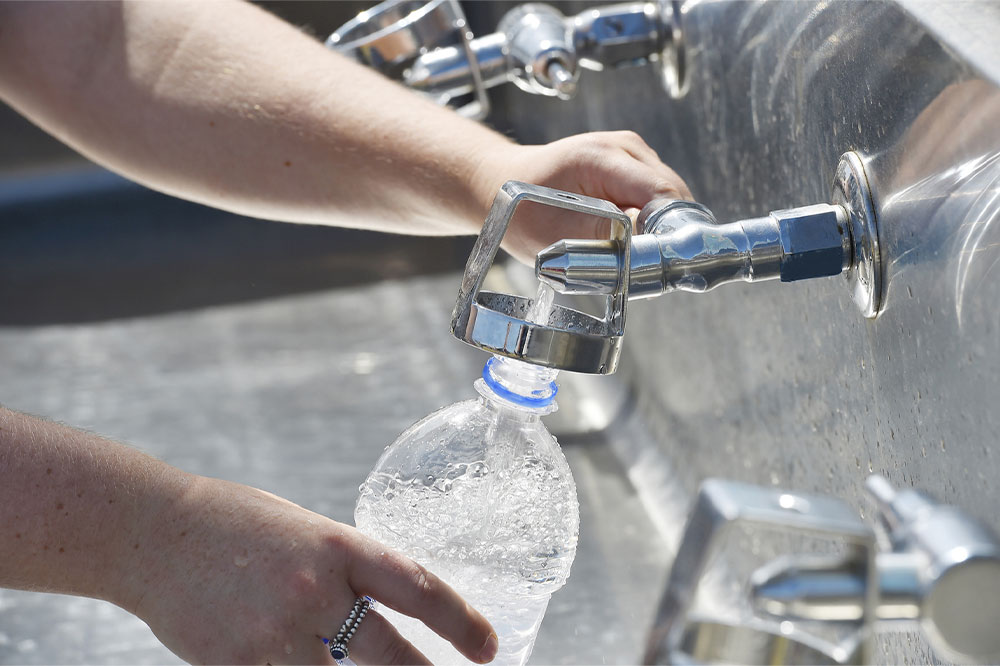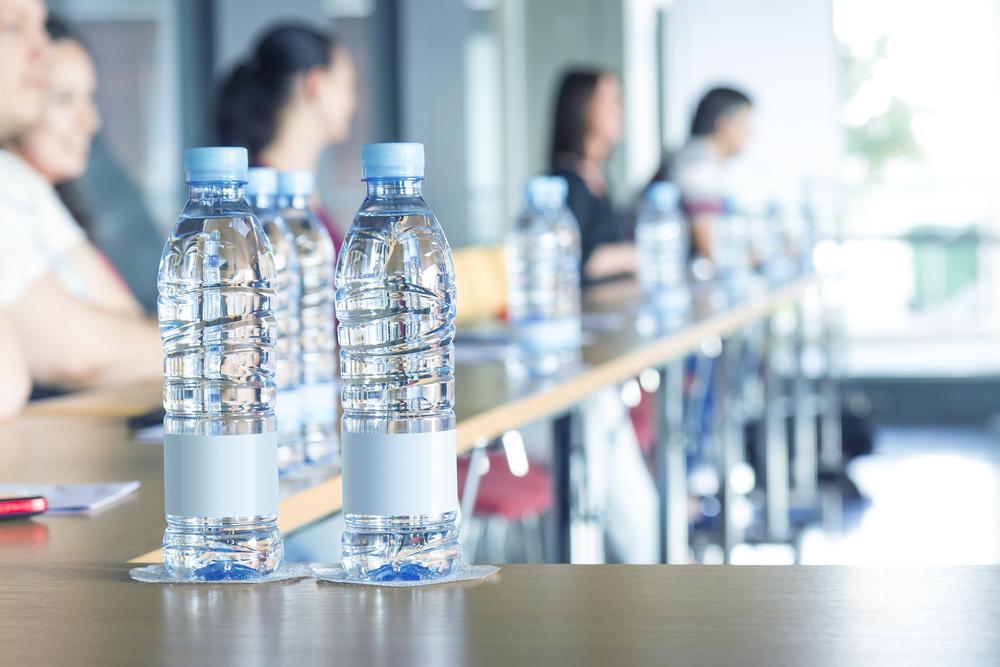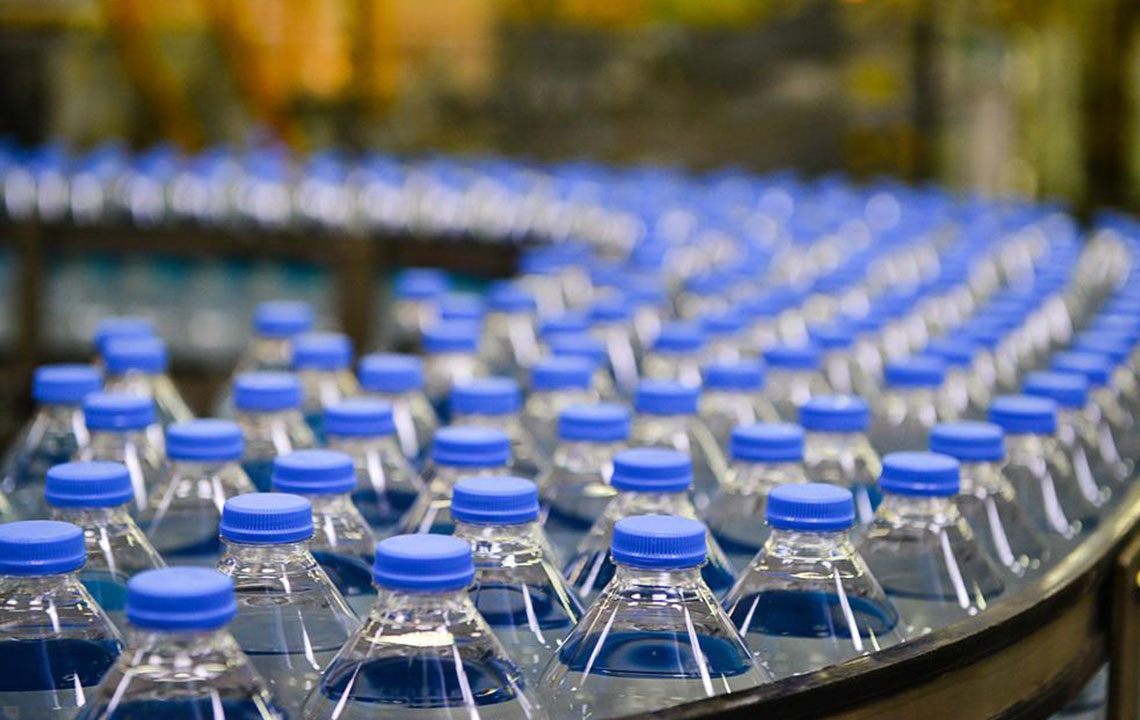The Importance of Bottled Water for Hydration and Safety
This article explores the importance of bottled water for hydration, health benefits, and safety, along with environmental concerns. It discusses types of bottled water, advantages, and eco-friendly alternatives, emphasizing mindful choices for health and sustainability.

Choosing Bottled Water for Hydration and Health
Why Bottled Water Is Essential for Staying Hydrated
Many individuals prefer bottled water due to its convenience and safety, especially during travel. When in unfamiliar locations, access to clean drinking water isn't always guaranteed. Carrying bottled water ensures consistent hydration, supporting overall health and performance. However, it's crucial to select reputable brands, as some water treatment facilities may use harmful chemicals. Ensuring safe bottled water helps avoid health risks associated with contaminated sources.
Health Benefits of Water Consumption
Maintains optimal fluid balance in the body.
Supports kidney and liver efficiency.
Protects joints and cartilage from wear and tear.
Reduces risk of various illnesses.
Enhances mood and mental clarity.
Aids in preventing headaches and health issues.
Signs of Dehydration
Feeling exhausted
Headaches and dizziness
Nausea and dry skin
Difficulty concentrating
Muscle aches and confusion
Types of Bottled Water
Spring Water
Artesian Well Water
Mineral Water
Well Water
Advantages of Using Bottled Water
Ease and Safety: Bottled water offers a portable, safe solution, reducing exposure to contaminated sources, especially during travel.
Emergency Resource: During natural disasters, bottled water becomes critical as local supplies may be unsafe or unavailable.
Extended Shelf Life: Bottled water is manufactured for long-term storage, making it suitable for emergencies and bulk purchases.
Affordable and Convenient: Available in various sizes at reasonable prices, buying bottled water in bulk saves money and time.
Filtered Purity: Bottled water undergoes purification to remove contaminants, ensuring safe drinking water.
Environmental Concerns with Bottled Water
Plastic waste from bottles contributes significantly to environmental pollution.
In 2009, Americans discarded approximately 50 billion plastic bottles, impacting ecosystems.
Reducing plastic use is vital for environmental preservation and future health.
Eco-Friendly Alternatives and Solutions
Use reusable glass bottles filled with filtered tap water.
Invest in home water filtration systems certified by reputable authorities like NSF.
Choose filters capable of removing metals, pesticides, and other pollutants for safer drinking water.
Implementing household water purification supports healthy living while reducing plastic waste.
Ultimately, whether you opt for store-bought bottled water or prepare your own, choose what best aligns with your health and environmental values. Making informed decisions promotes a healthier, more sustainable lifestyle.










